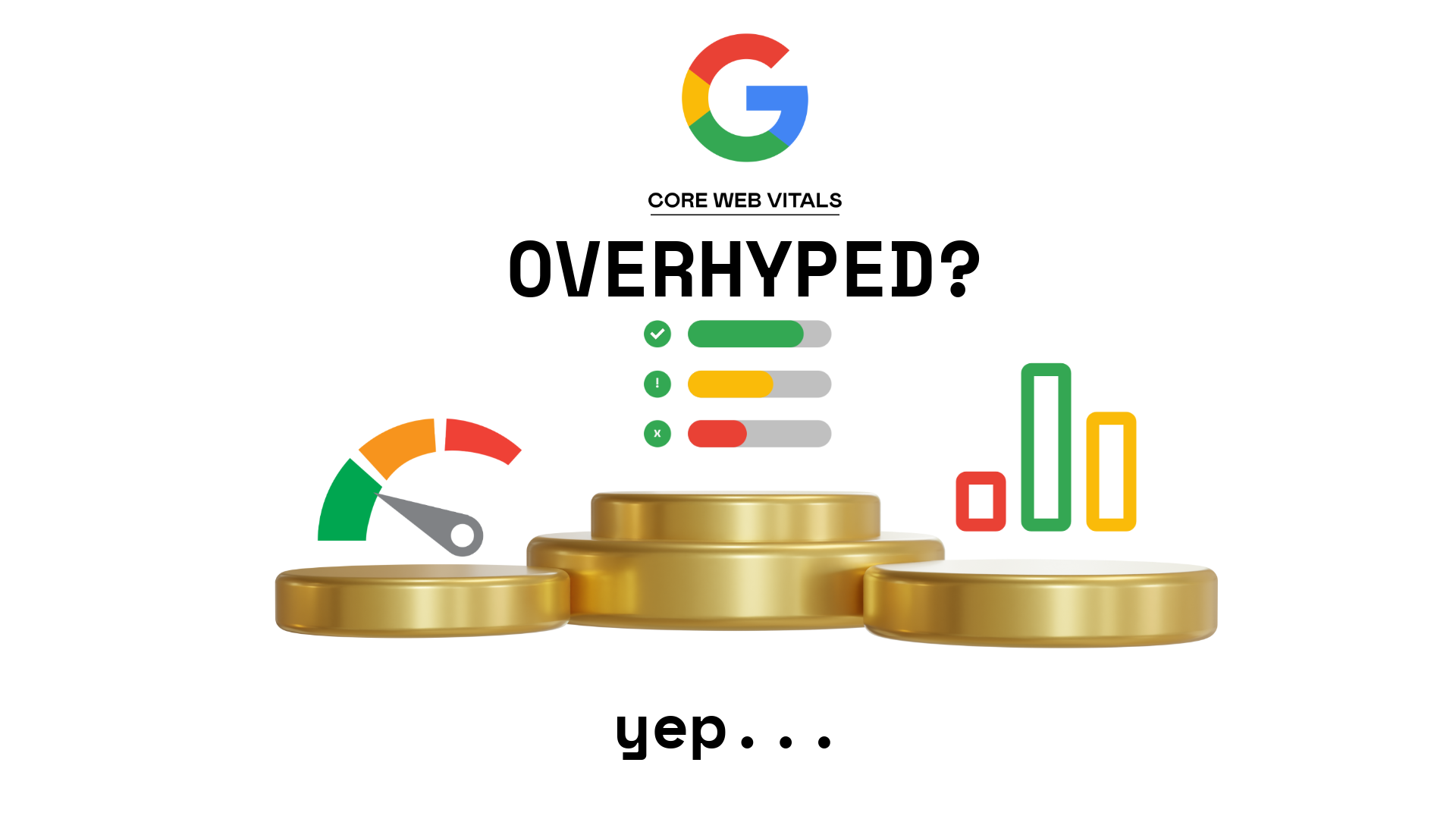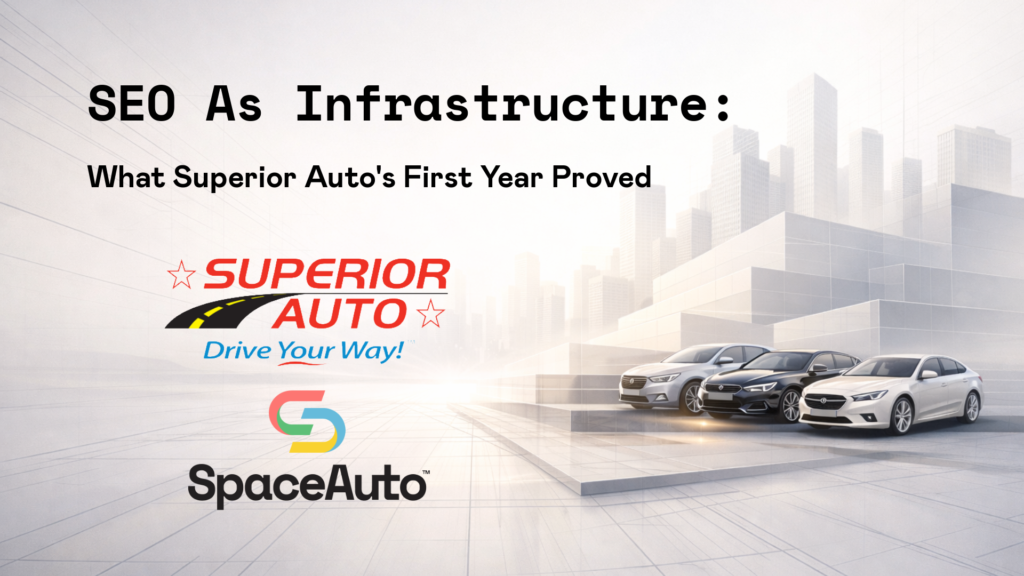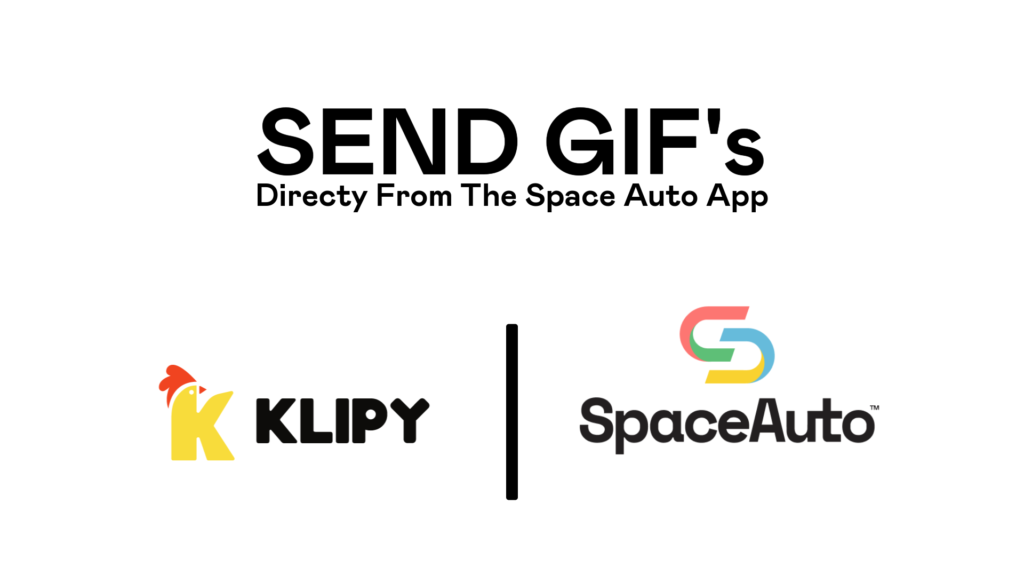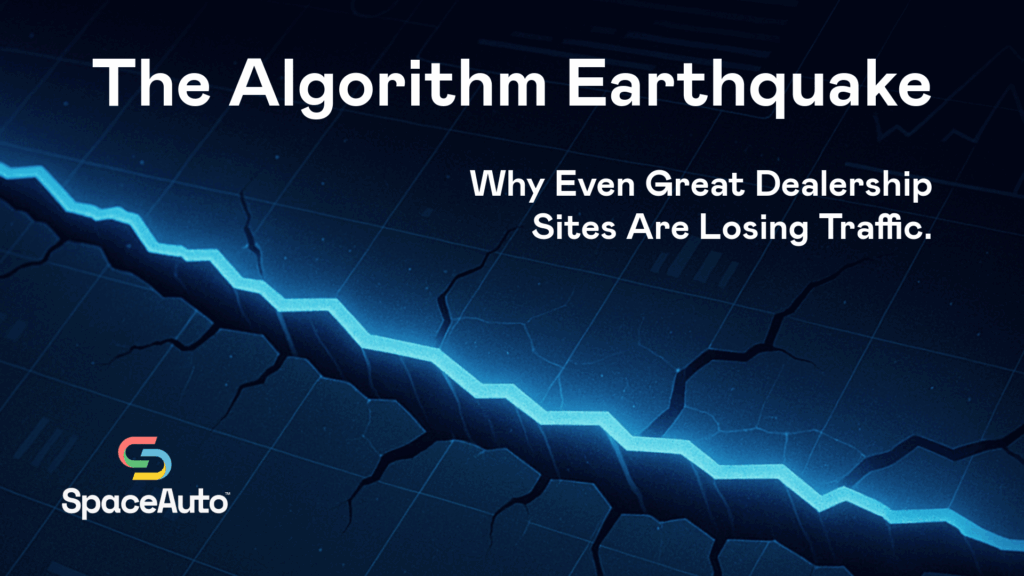
03/11/2025
Google’s Core Web Vitals: Do They Actually Matter for Your Dealership?
The Short Answer: Speed Matters—But It’s Not Everything
You’ve probably heard it before: “If your Page Speed score isn’t 100, your dealership is doomed.”
Right. And if I don’t eat 10 servings of vegetables a day, my body will collapse.
Look, speed is important, but it’s not the only thing Google cares about. Some of the biggest websites on the internet fail Core Web Vitals and still outrank everyone.
Even Google’s John Mueller, who literally works at Google, said:
💬 “Core Web Vitals are not giant factors in ranking.”
So why are dealerships obsessing over shaving milliseconds off their load time while their websites still look like they were built on Microsoft FrontPage?

What Actually Matters More?
Before you go full-speed mode and strip your site of useful content just to hit a perfect Page Speed score, let’s talk about what actually moves the needle:
✅ High-quality, relevant content – If your site doesn’t answer real customer questions, speed won’t save you.
✅ Authority & strong local SEO – Google ranks trusted sources, not just fast ones.
✅ A meaningful user experience – A 100-speed score is useless if buyers can’t find what they need.
Why Page Speed Alone Won’t Rank You #1
A dealership website with a perfect speed score but weak content won’t magically outrank competitors with stronger authority and engagement metrics.
Think of it this way: Would you rather have a lightning-fast website that no one cares about, or a slightly slower site that actually sells cars?
Google doesn’t just reward speed—it rewards usefulness. If visitors come to your site, can’t find what they need, and leave immediately… congratulations, your fast website is now just fast at losing customers.
What Google Actually Tracks for Rankings
Google’s ranking signals go beyond speed:
📈 Time on page – Are visitors sticking around or bouncing faster than a bad first date?
🖱 Interaction rates – Are they clicking, scrolling, and engaging with your content?
🔍 Search intent fulfillment – Does your site actually answer what customers are searching for?
Your website isn’t a race car—it’s a salesperson. And a salesperson that only talks fast but doesn’t actually help? Not getting the sale.
What About AI Search?
Google search is changing. AI-powered search engines like ChatGPT, Gemini, and Google’s AI-generated results are rewriting the rulebook.
Instead of ranking pages based on just speed, AI prioritizes:
🔹 Clear, structured content that directly answers real customer questions.
🔹 Schema markup to help AI understand and categorize your pages.
🔹 Interactive, engaging experiences that keep users on your site longer.
In other words, if your site doesn’t provide structured, authoritative answers, AI will skip you and pull from someone else.
How to Optimize for SEO & AI Search—Without Obsessing Over Speed
1️⃣ High-Quality, Relevant Content (AKA: Actually Be Helpful)
- Write answer-first content—start with the solution, then add details.
- Use long-tail conversational keywords like “How much should I put down on a car?”
- Cut the fluff—no one cares about your “family-owned since 1982” story unless it adds value.
2️⃣ Build Trust & Authority (So Google Knows You’re Legit)
- Showcase customer reviews, case studies, and expert insights.
- Use structured data (schema) to boost search visibility.
- Optimize for local SEO—most dealership searches are location-based.
3️⃣ Focus on Customer Experience, Not Just Speed (Make It Easy to Buy a Car, Please)
- Make navigation intuitive—fast filtering, easy search, mobile-first design.
- Add useful tools—instant trade-in calculators, financing options, and AI-powered recommendations.
- Put call-to-action buttons where people’s thumbs actually are. (Hint: Not at the very top of the page).
Final Takeaway: Fast Is Good. Fast & Useful Is Better.
Chasing a 100-speed score while ignoring content, authority, and user experience is like… installing a turbocharger on a car with no wheels.
It’s pointless.
🔹 Prioritize content that actually answers real customer questions.
🔹 Build authority and trust, so Google (and AI) knows you’re legit.
🔹 Create a user experience that keeps customers engaged, clicking, and converting.
Speed matters, but high engagement sells cars.
So, Is Your Dealership Focused on Speed or Sales?
If you’re chasing speed perfection, it’s time to rethink priorities. The dealerships winning in 2025 and beyond won’t just be fast—they’ll be smart, structured, and built for AI search.
Want to future-proof your website? Focus on real customer engagement, not just a number.




